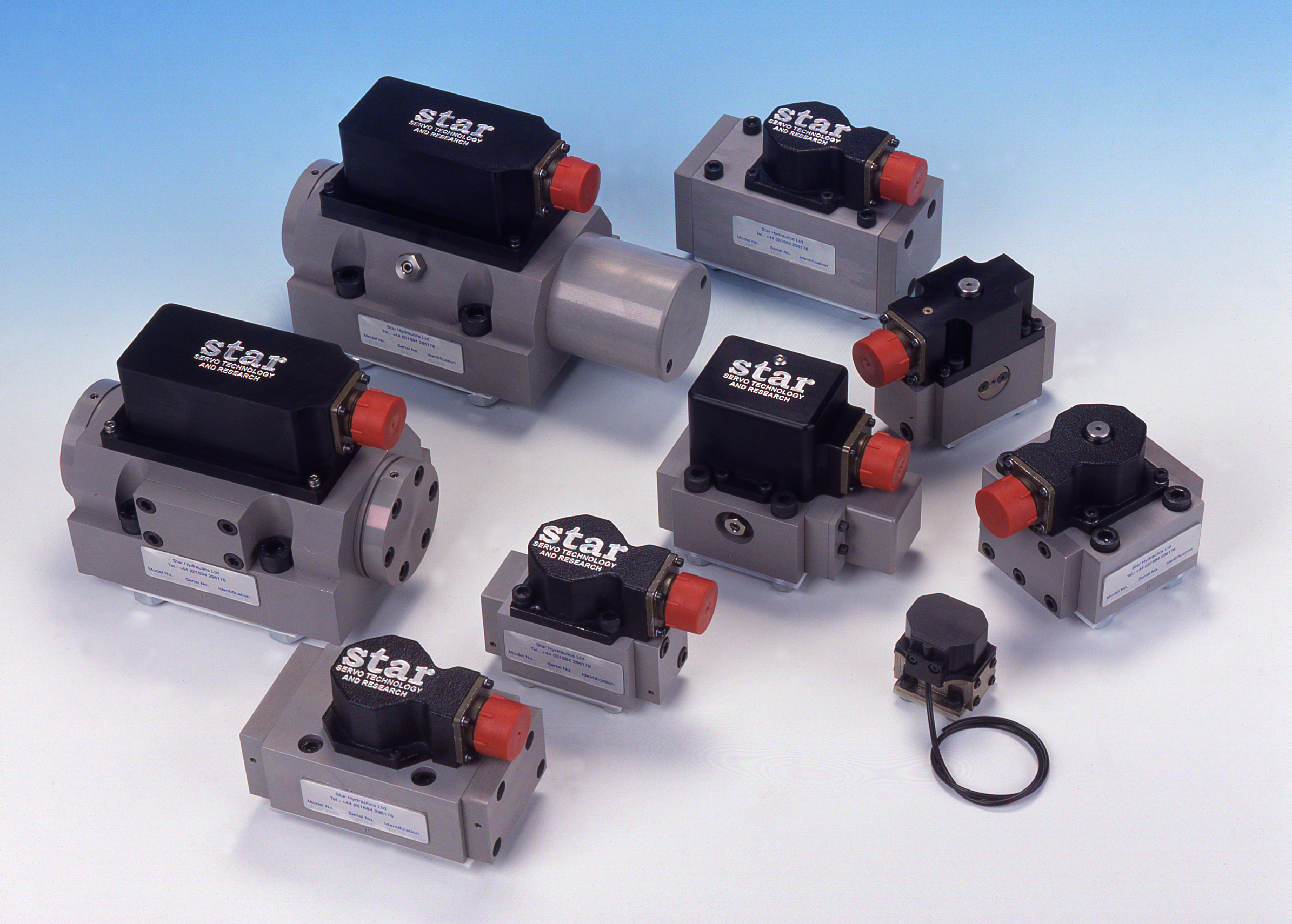
The Calibre 5000 Series is Trinseo’s portfolio of glass-filled polycarbonate medical resins for the medical devices industry. This series of medical resins offers design freedom by providing a balance of flexural strength and stiffness, dimensional stability, and practical toughness for the most demanding applications. These resins are support by comprehensive ISO10993 biocompatible test support data, robust lot traceability and a strict management of change process.
Customized structural strength
Glass-filled resins can be custom formulated to meet the specific needs of an application with varying glass content up to 40% to achieve desired results. The resins offer the desired balance of strength and stiffness for components of devices such as hand held instruments that must provide a reliable and consistent force to activate the mechanical mechanism. They are also suitable for endo-mechanical housings and components, such as triggers and housings.
Biocompatibility tested
Physical, chemical and toxicological testing has been done on the resin as well as on the colorants according to ISO 10993 standards to determine biocompatibility. Trinseo’s standard grades are also listed with FDA Master Access Files in order to assist with regulatory compliance.
Ignition resistance
Calibre 5101 and 5201 glass-filled polycarbonate resins have UL94 ratings, indicating these grades are suitable for certain powered device applications, such as battery powered surgical devices and low powered units. The UL94 flammability ratings include V-2 at 1.5mm and V-0 at 3.0mm.
Sterilizable
Calibre 5101 and 5201 glass-filled polycarbonate resins can be sterilized using the common methods shown below. Physical properties and part appearance are typically maintained with exposure. With irradiation treatment, certain colors may exhibit slight color changes that often return to the original color within a period of time.
Regulatory support
Global regulations around glass-filled resins are increasingly stringent and complex. In order to be compliant with regulations, resin producers need to have regional product stewards who provide customers with detailed information regarding their materials.
In tests, the material can bend under an established load with glass filled resins from 0 to 40% content. With an increased content of glass filler, greater stiffness is achieved, which makes Calibre 5000 series polycarbonate resins ideal suitable devices ranging from hand held instruments to equipment housings as an alternative to metal or non-filled plastics.
The tests of flexural stress and deflection temperature were done to indicate the point at which the material would bend with glass content of 10 and 20% under an established load. Both tests indicate that when compared with polycarbonate with 0% glass filler, not only will a higher percentage of filler make the material more resistant to bending, materials with higher glass content are more resistant to deflection even under extreme heat. In addition to structural integrity, the higher percentage of glass filler allows manufacturers to achieve a much faster molding process due to the ability to remove a part from a mold quicker without deformation.
A resin provider has to work with its customer to formulate a resin with an ideal percentage of glass filler to achieve specific results.
This story uses material from Trinseo, with editorial changes made by Materials Today. The views expressed in this article do not necessarily represent those of Elsevier.




